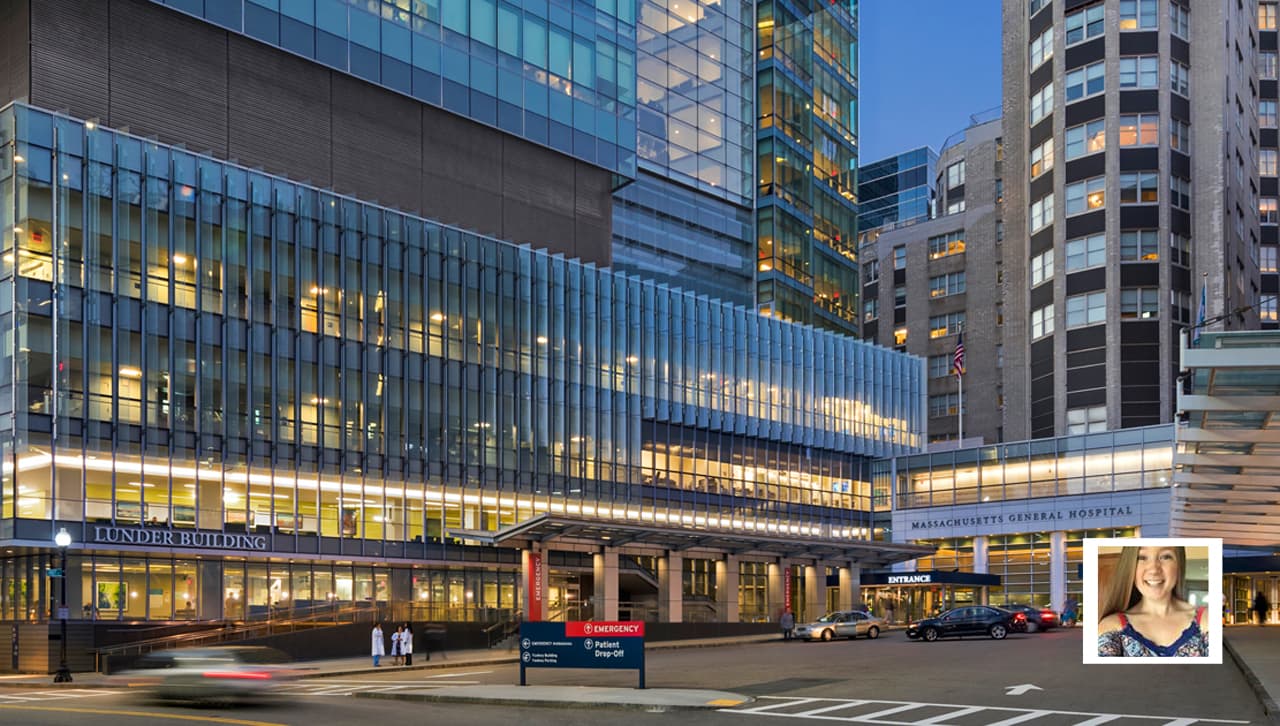Raise Others Up: A Reflection by Brittany Thomas

Something that we all should remember is that every person carries their own struggles. It is easy to neglect the fact that those around us have their own lives with their own difficulties. Many of us are lucky, we have warm homes, clean water, and at least three meals every day. We are lucky enough to attend college, drive cars and go out on a Friday night with friends. However, there are many in our country who can only indulge in such luxuries through dreams. The homeless population is a neglected one, shunned by society and blamed for their own demise. As vagabonds, they live day by day with little or no resources that you or I take for granted.
Back in January, I had the rewarding opportunity to volunteer at the St. Francis foot clinic and shadow Dr. James O’Connell at Massachusetts General Hospital. He is the president of Boston Health Care for the Homeless Program (BHCHP) and assistant professor at Harvard Medical School. Both programs support improving the health of the homeless population in Boston.
My first day of shadowing was at St. Francis, a daily clinic for the homeless to come wash their feet and change into new socks. This may sound trivial to us, but it is crucial for them. With no shelter, those of the homeless community are continuously wandering. Their feet are key to their well-being, making proper care essential to their survival. Always being exposed to nature’s elements, the homeless easily contract infectious microorganisms that cause athlete’s foot, gangrene or other infection-related diseases.
On my second day, I shadowed the primary care clinic for the homeless at Massachusetts General Hospital. This is a weekly clinic for the homeless to have access to primary care and get a complimentary breakfast or lunch. Along with shadowing Dr. O’Connell and observing how he interacted with his patients, I learned about the true horrors of living on the streets and how people come to be homeless. Many of the people who are homeless did not get there by a combination of poor choices. Most of them were abused as children and set on the path to drugs, some lost their jobs because of a failing economy, and others lost their ability to work from health complications. Our regulations in society prevent those in lower socioeconomic situations from moving up, especially the homeless. This why homeless programs like BHCHP and the St. Francis foot clinic are crucial. No one can take on life if their health is compromised.
It is important to mention the role a physician plays in their lives. The amount of trust between a physician and a homeless patient is critical to how their medical care plays out. They trust so few people out of self-defense and self-preservation. If the physician is not engaged, the homeless feel as if they are a nuisance. The physician needs to become more than just a doctor, he must become a confidant. For those of you who are going into the medical field, please remember that. People are coming to you for help, and you have the power to improve someone else’s life.
My shadowing made me realize how much I personally took for granted when it comes to my life. I do not worry about when I will get new socks because I can take myself to the store, buy socks, and take them home. I do not have to worry about someone stealing my possessions because I keep them stored safely in my bedroom and I don’t worry about someone invading the place I call home. Every day, they are concerned about where their next meal is coming from and where they are going to sleep. When it rains and snows, they have nowhere to retreat and stay warm and dry.
What baffled me the most amongst these stories was the kindness they displayed. I was with men and women who have been abused, abandoned, and never had the opportunities to flourish, and they offered me kindness. They congratulated me on pursuing medicine and thanked me for spending time with them. How is it that those of us who have everything in life






